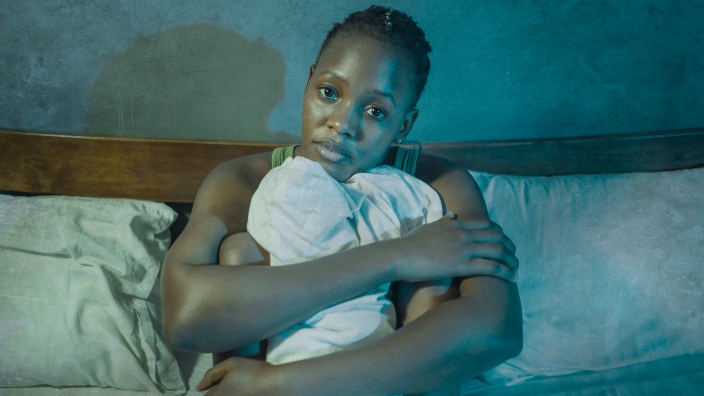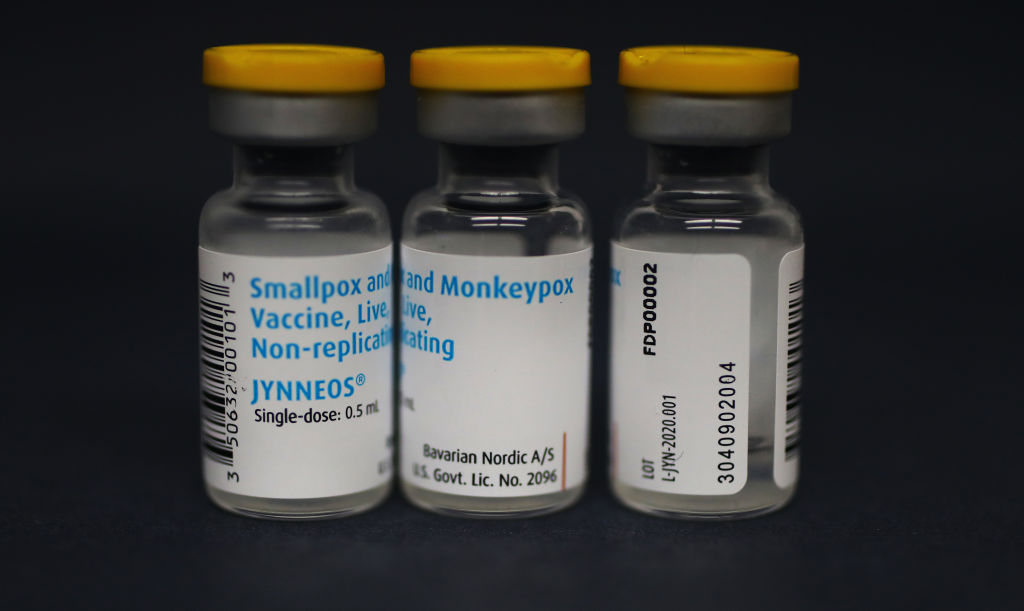42% of people with regular periods reported heavier bleeding after COVID vaccine, study finds
Temporary menstrual changes may be more of a side effect of the COVID-19 vaccine than previously understood, new research says.
Temporary menstrual changes may be more of a pervasive side effect of the COVID-19 vaccine than previously understood, according to new research published in the Journal of Science Advances, released last week.
According to the study, a biological anthropologist at the University of Illinois Urbana-Champaign personally experienced “menstrual flooding” 10 days after getting her first COVID-19 vaccine dose, then shared her experience on Twitter, garnering hundreds of responses from others who shared similar tales and empathy galore.

That woman, Kathryn Clancy, and other researchers found that of the 16,000 people who participated in the survey conducted between April and October 2021, 42% noted that their menstrual cycles had changed. These changes were recorded even among non-menstruating people, like those on long-term contraceptives, and trans persons.
NBC News reports that the survey aimed to provide evidence for future studies, not to establish cause and effect.

The monkeypox outbreak, explained
“Before the vaccinations came out, I would say our knowledge on the subject of the connection between immunization and menstrual changes, in general, was nil,” Candace Tingen, a program director with the gynecologic health and disease branch of the National Institute of Child Health and Human Development, told NBC News.
Tingen was not directly involved in the study, but noted the “lack of information that I think caused confusion, fear and perhaps vaccine hesitancy.”
The survey also included more than 3,500 people who identified as gender diverse, and it was also somewhat racially diverse, although 84% of its over 165,000 participants were white. The participants were vaccinated with doses from Pfizer, Moderna, AstraZeneca, Johnson & Johnson and Novavax.
According to Science.org, the average post-vaccination change in the menstrual cycle lasted less than a single day. Those who had both doses of the vaccines experienced up to a two–day difference, on average, and appeared to return to their baseline with their next cycle.
Researchers hope the findings will help secure funding to study how menstrual cycles change with other vaccines, including influenza.
TheGrio is FREE on your TV via Apple TV, Amazon Fire, Roku and Android TV. Also, please download theGrio mobile apps today!

